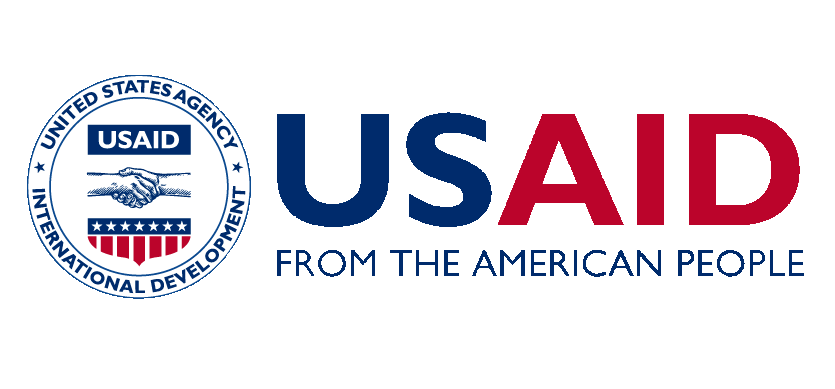Women’s Organizations and Climate Finance: Engaging in Processes and Accessing Resources

This report is one piece of the ongoing work and advocacy undertaken by many colleagues and collaborators, to transform our climate finance system into one that is gender-responsive and equitable.
Women as Environmental Stewards: The Experience of the Small Grants Programme

This paper attempts to “document good practices featuring women as environmental stewards and focuses exclusively on projects led and implemented by women.”
Thriving Together Campaign
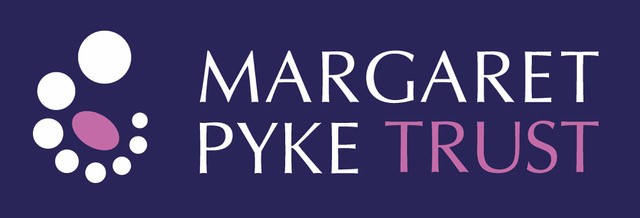
Thriving Together is a diverse movement of over 160 organisations working in 170 countries, all of which support the Thriving Together statement, at the heart of which is an agreement that removal of barriers to family planning is critically important not only for women and girls, but also for environmental conservation and biodiversity.
Investing in Family Planning: Key to Achieving the Sustainable Development Goals
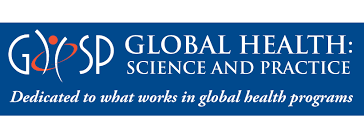
In this commentary, the authors explain how family planning can accelerate progress across the 5 SDG themes of People, Planet, Prosperity, Peace, and Partnership and why it is critical to achieving the goals and the post-2015 development agenda.
HOPE-LVB Energy Efficient Stoves: Showing Promise for the Health of Women and the Environment in the Lake Victoria Basin
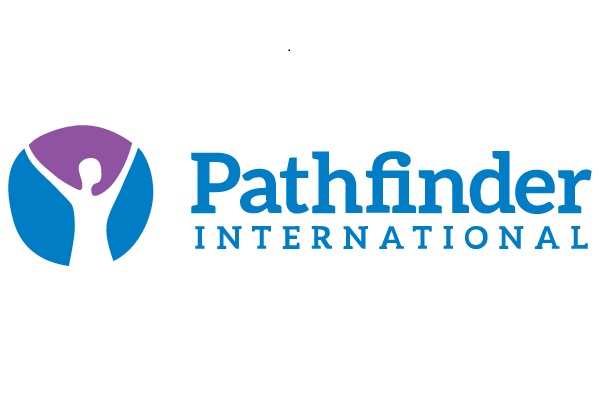
This brief describes how the energy-efficient stove campaign exemplifies the power of this integration and the HoPE-LVB project.
Family Planning as a Contributor to Environmental Sustainability: Weighing the Evidence

The purpose of this review is to highlight recent evidence that family planning, readily accessible to all who seek it and exercised as a human right, can contribute to environmental sustainability.
Engendering Conservation Constituencies: Understanding the Links between Women’s Empowerment and Biodiversity Conservation Outcomes for PHE Programs – WWF-Nepal Case Study
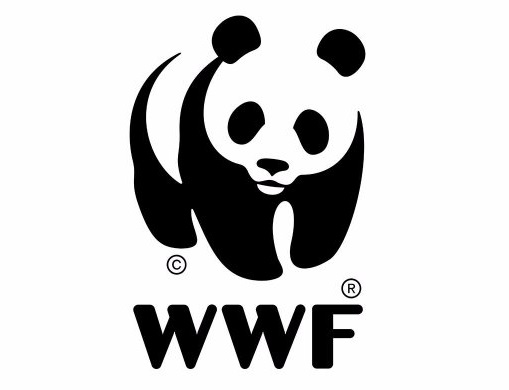
This WWF-Nepal case study explores the impact of the PHE component of the WWF-Nepal Terai Arc Landscape (TAL) Project on women’s empowerment.
Learning Brief Number 2: Women’s Empowerment for Conservation Through the Population-Health-Environment Approach

The following learning brief explores the role of women’s empowerment in site-based conservation through the PHE approach, using case studies from two PHE Alliance project sites – in Nepal and the Democratic Republic of Congo.


